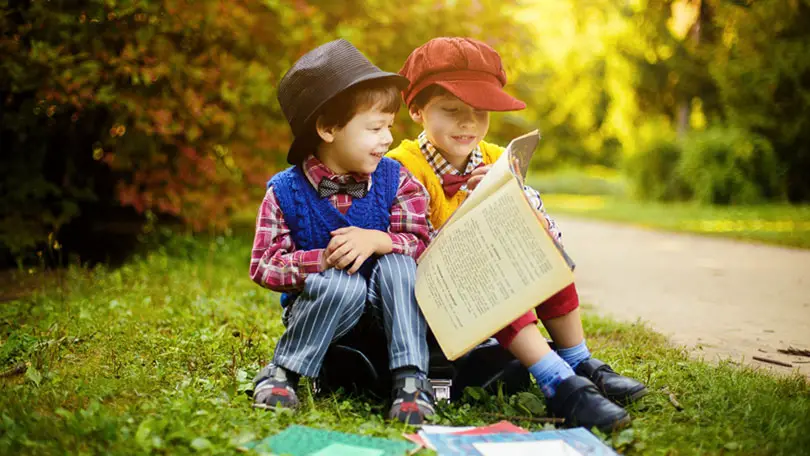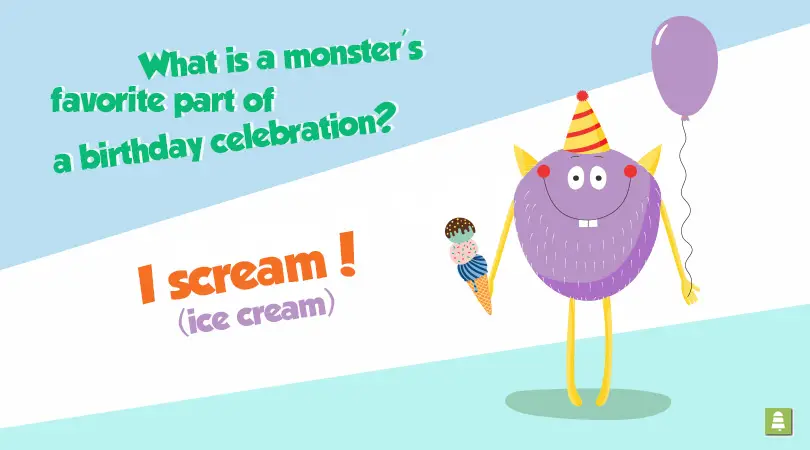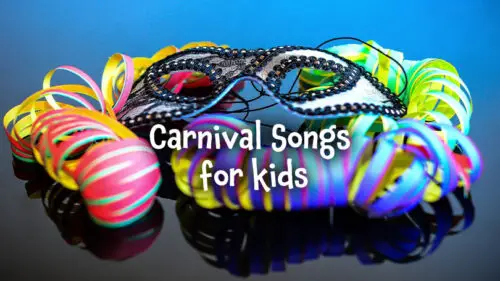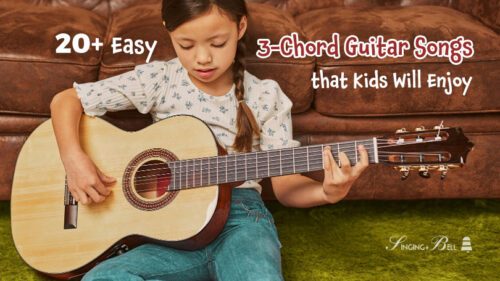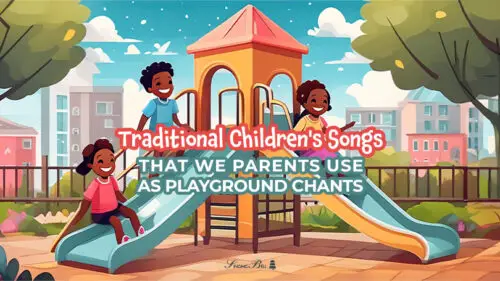Everyone says Music Education is important, so here we dive deep into its true benefits.


There are a number of important things that you can do for your kids in order to ensure that they have an advantage in life. One of these relevant things is to expose them to music at an early age. As there is a lot to be said about the benefits of music, when your child learns to play a musical instrument, it helps them in so many different ways.
Below we have some of the biggest reasons why children should be musically trained and learn to play at least one or two instruments.
Table of Contents
- Music Enhances cognitive development
- Music Enhances Math Skills
- Music Enhances Coordination as well as Motor Skills
- Learning Music Promotes Listening Skills
- Music Helps in Social Development
- Music Education Improves Academic Performance
- Music Tuition Enhances Reading and Comprehension
- Music Fosters Self-Confidence and Self-Esteem
- Learning Music Instills Discipline
- Music Education Teaches Perseverance
- Music Teaches Responsibility
- Music Enhances Creativity
- Music education brings Self-Fulfillment and Happiness
The Importance of Music Education
Here are 12+1 reasons why learning music can be truly beneficial for kids and grown-ups alike.
1
Music Enhances cognitive development

Music education greatly enhances cognitive development, particularly in the area of memory skills, making it highly beneficial for children’s brain development.
Learning to play a musical instrument significantly improves memory skills in children. By engaging in activities such as reading music notation, the brain is challenged to work more effectively and efficiently. It not only requires the brain to comprehend the information but also to retain and reproduce it accurately on the instrument.
The process of learning music demands substantial mental effort, leading some to consider it one of the most effective brain workouts available. Playing an instrument compels the brain to function at a higher capacity, as it must process information quickly, remember it, and execute it proficiently.
2
Music Enhances Math Skills

Mathematics and playing music might seem totally different from each other, but they have some connection because children, who play musical instruments, tend to improve their skills in math.
According to experts, when children understand things such as scales, beat and rhythm, they not only find it easier recognizing patterns but they also find it easier doing divisions, fractions, and several other math related stuff.
Basically music can prepare the brain of your child to make solving math problems much easier for him/her, thereby making him/her perform better in his/her academics.
3
Music Enhances Coordination as well as Motor Skills
In addition to having the ability to improve your child’s math skills, learning to play a musical instrument can also play a significant role in enhancing your child’s coordination and motor skills. How is that so?
This is possible because learning an instrument involves a great deal of hand-eye coordination. For example, when playing a stringed instrument like a guitar, your child’s left and right hands will be forced to perform multiple actions simultaneously in order to be able to create a meaningful sound.
This honestly isn’t an easy thing to do, and that is why when your child eventually is able to do it and keeps on doing it, he/she will have a heightened level of coordination and enhanced motor skills.
4
Learning Music Promotes Listening Skills
Another huge advantage of introducing your children to music is the fact that it can greatly improve their listening skills.
The thing with learning a musical instrument and playing it is that it forces the learner to listen very carefully to a variety of things ranging from the instructions given to them by their teachers to musical pitch to rhythm. In doing this, your child greatly fine tunes his/her auditory skills while improving a lifelong ability of his/her brain to perceive and properly interpret the sound information it receives.
Having a good sense of hearing is important in all spheres of life. It can, among other things, quickly warn us of an impending danger and give us the edge over others in life. For example, in certain professions such as in the professions of sound engineering and firefighting where hearing can play a very important role in your success, having good listening skills puts you at an advantage over others.
5
Music Helps in Social Development
According to many experts, learning to play a musical instrument can play a great role in improving your child’s social skills.
Since no man can ever be successful being an island, having wonderful team skills is a very important thing in both our professional and private lives. When your child plays a musical instrument with other children as part of a band or group, they are forced to work with their peers in order to make music that sound as good as possible. This not only makes them cooperate and work better with people around them, but it also gives them abundant opportunities to make friends.
According to Virginia Johnston, the executive director of the Discovery Orchestra®, when children play in a group setting, they are forced to be both responsible for their success as well as that of the entire group – something that is very instrumental in the overall social development of the child.
6
Music Education Improves Academic Performance
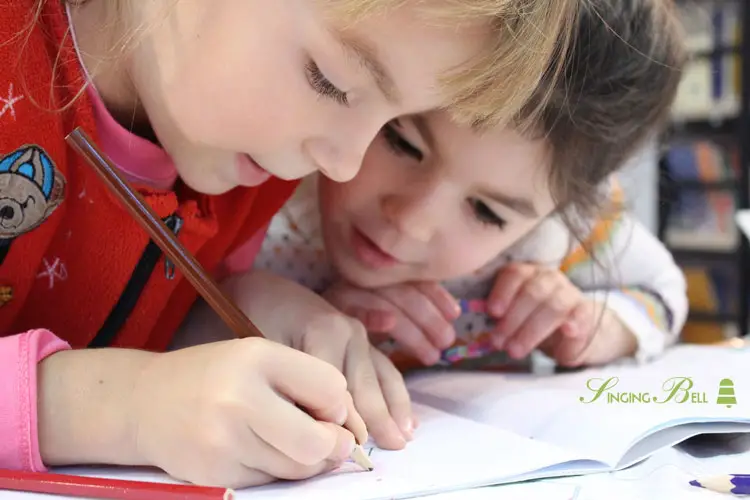
Generally, children exposed to music tend to perform better academically than their peers with no exposure to music education. In a recent study conducted by the University of Kansas, it was discovered that musically trained elementary school students performed significantly better than their fellow students with no musical training.
7
Music Tuition Enhances Reading and Comprehension
Since the process of learning music and playing it requires great deal of reading as well as understanding, children are able to improve both their reading and comprehension skills in no time.
In a research published in the Psychology of Music, it was revealed that children who underwent a multi-year music tuition program exhibited better reading skills than their peers who weren’t exposed to music. This point further supports the earlier point, in which it was stated that learning to play a musical instrument helps kids in their academics.
8
Music Fosters Self-Confidence and Self-Esteem
Knowing how to play a musical instrument has the tendency of promoting confidence and self-esteem in your child since it can give him/her a sense of achievement and pride. Imagine how good and proud your child would feel when they finally master a difficult chord!
According to renowned American pianist and music education advocate Alissa Musto, when children learn how to play musical instruments, they become filled with both self-confidence as well as self-worth, which is brought on by their ability to express themselves in a positive manner.
9
Learning Music Instills Discipline
Learning music can teach your children to be disciplined. And self-discipline is without any doubt one of the most important things to have in life. When kids are self-disciplined, they are able to control themselves and make good choices in life. According to the executive director of the Boston-based string training education program Project STEP, Gabriella Sanna, when children are exposed to music, they learn self-discipline and other valuable life skills that they can apply to various facets of their lives as they grow older.
10
Music Education Teaches Perseverance
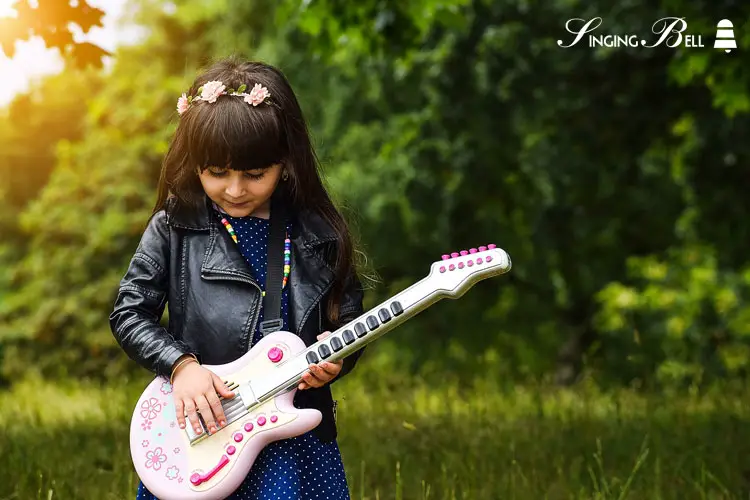
It is a well known fact that learning how to play a musical instrument isn’t the easiest of tasks! Owing to the relative difficulty involved in learning music, your child would have to devote a lot of time and patience into practicing. At first he/she would get it wrong many times, but the more they keep working and staying the course, they’d notice significant improvements, which automatically teaches them that the more perseverant they are in life, the higher their likelihood of succeeding in whatever they are doing. This valuable lesson can be applied to every aspect of their lives.
11
Music Teaches Responsibility
When children regularly play musical instruments, they tend to become more responsible in life. This is possible because most of these instruments often need regular maintenance ranging from cleaning to oiling, so they can last longer and carry a tune. The more children spend their time caring for their instruments, the more they learn how to be responsible as they grow.
12
Music Enhances Creativity
If you want to enhance the creative spirit in your kids, then exposing them to music at an early age is a great idea. When your kids play a musical instrument, it has the ability to promote creative thinking in them in a number of ways. For example, exposure to music enhances the memory and improves cognition, which are widely known to be both essential ingredients when it comes to creative thinking.
13
Music education brings Self-Fulfillment and Happiness
Since time immemorial, music has always brought happiness to those who play it as well as those who listen to it. You can therefore give your kids the gift of happiness by introducing them to music. Playing music would certainly make them feel contented and uplift them whenever they are down.
Conclusion About the Importance of Music Education
The above are just a handful of the major benefits your kids stand to enjoy by being exposed to music.
When children are musically trained, it can, among other very relevant things, build their academic skills, enhance their self-esteem, and increase their social skills as well as several other relevant skills that can contribute in significantly improving their quality of life – both professionally and personally. And the best part is that these benefits can easily follow them into adulthood and make them better people in society.
Did you like this post? Rate it!
You may also like:
A Musical Instrument for your Child | 7 Factors that Will Help You Choose
Popular Music Teaching Methods for Kids
How Music Improves your Health
40 Back-to-School Jokes for Kids: Adding Laughter to the Classroom!


